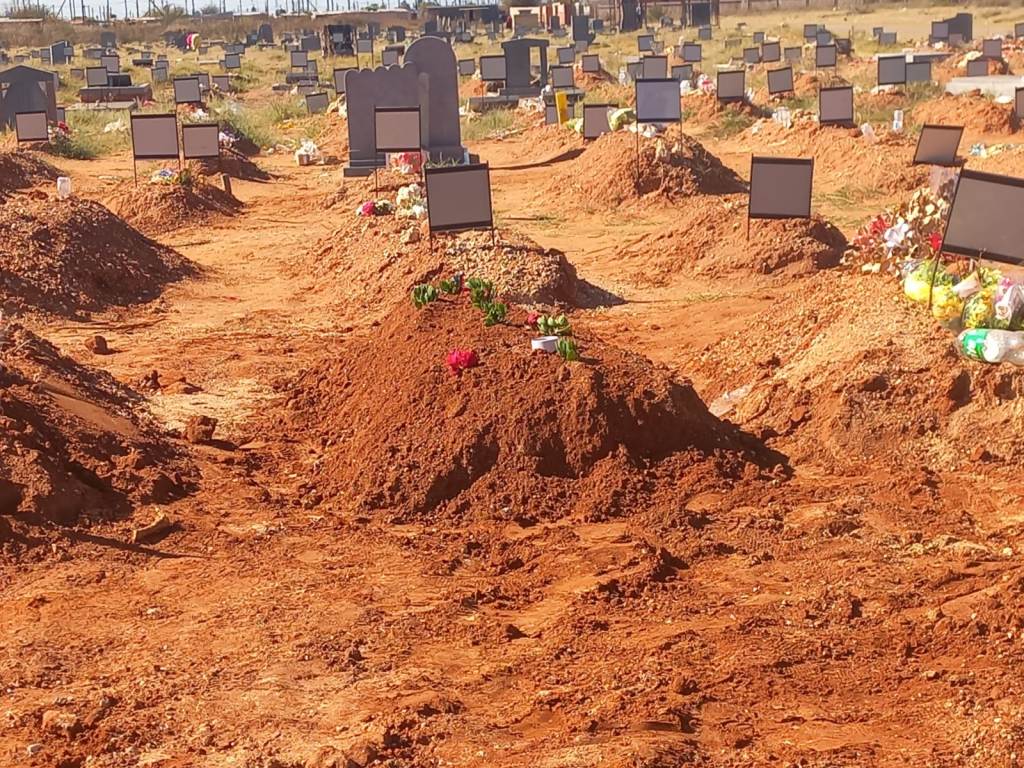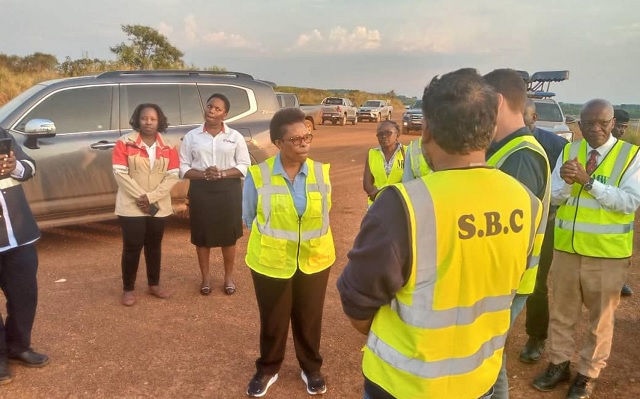In a recent series of developments, the leadership struggle within the FDC (Forum for Democratic Change) party, involving prominent members like Ibrahim Ssemujju Nganda and Erias Lukwago, has faced challenges. These events have resulted in the party’s internal divisions becoming more pronounced.
Key Developments
| Event | Description |
|---|---|
| Parliament Decision | On October 11, the FDC chief whip, Ibrahim Ssemujju Nganda, lost his position in Parliament as the FDC party whip, replaced by a member from the opposing faction. This decision was based on a court ruling supporting the appointment of new office bearers at an FDC conference, which Ssemujju’s faction is disputing. |
| FDC Factions | The FDC is currently divided into two factions: the FDC-Katonga group, led by Kizza Besigye, Ibrahim Ssemujju, and Erias Lukwago, and the FDC-Najjanankumbi group, led by Patrick Oboi Amuriat and Nathan Nandala Mafabi. The split arose from differences within the party, including allegations of financial ties to President Yoweri Museveni by Nandala-Amuriat’s group. |
| Leadership Elections | Both factions have held their respective delegates’ conferences and elected new leaders for the party. However, each group refuses to recognize the leaders chosen by the other. The outcome of this leadership struggle remains uncertain, but the FDC-Katonga group has faced several defeats in courts, banks, and Parliament, with security forces recognizing the FDC-Najjanankumbi group as the legitimate party representatives. |
| Parliamentary Support | While the FDC has 31 MPs in Parliament, only a few have publicly endorsed either faction. The support of the FDC parliamentary caucus is crucial in determining which faction becomes the mainstream FDC. For example, despite the recent appointment of Yusuf Nsibambi as the new FDC party whip, his effectiveness depends on the majority of FDC MPs backing his leadership. |
| Bank Account Dispute | Ssemujju, Lukwago, and Besigye’s faction attempted to block the FDC-Najjanankumbi group from accessing the FDC’s bank accounts in various banks. They argued that the signatories to the accounts were suspended. However, this move faced resistance, with the FDC-Najjanankumbi group challenging their capacity to block the accounts. |
| Police Involvement | The leadership struggle has led to police involvement in maintaining order during delegates’ conferences. The FDC-Katonga group faced challenges during their conference, with police sealing off the venue. In contrast, the FDC-Najjanankumbi group’s conference saw police presence to ensure peaceful proceedings. |
Political Developments:
- The struggle for FDC leadership has seen both factions vying for recognition from various stakeholders, including donors, foreign governments, and government institutions like the Electoral Commission, the Interparty Organisation for Dialogue (IPOD), and the National Consultative Forum.
- The outcome of this internal strife may influence mainstream FDC supporters across the country, many of whom are devoted followers of Kizza Besigye. For these supporters, Amuriat, with alleged links to Museveni’s funds, is seen as an unfavorable leader.
- Notably, the divisions within the FDC have led to several challenges, including the loss of key positions, legal disputes, and even a schism within the party. Some members, like Ibrahim Ssemujju, have openly considered leaving the FDC and exploring alternative political avenues.
Ssemujju and Lukwago Face Setbacks
The leadership dispute within the Forum for Democratic Change (FDC) has taken a new turn. On October 11, Ibrahim Ssemujju Nganda, former FDC publicity chief, faced a setback as Parliament allowed the appointment of a new chief whip for the party, ending his tenure. This directive was issued by the Speaker, Annet Anita Among, during a plenary session chaired by Deputy Speaker Thomas Tayebwa.
The decision to replace Ssemujju was based on a court ruling that affirmed the authority of the FDC national delegates conference to appoint new office bearers. Consequently, Yusuf Nsibambi was declared as the new FDC Party whip in Parliament, causing a significant blow to Ssemujju and his camp who are challenging the legitimacy of the conference through legal means.
Ssemujju’s faction, often referred to as the FDC-Katonga group, has faced a series of challenges in their struggle for leadership within the FDC. This group operates from the offices of Kizza Besigye and the People’s Government on Katonga Road, Kampala. They are pitted against the FDC-Najjanankumbi group led by Patrick Oboi Amuriat and Nathan Nandala Mafabi.
The divisions within the party emerged due to a dispute between Kizza Besigye and Amuriat-Nandala, triggered by allegations of financial support from President Yoweri Museveni, which raised concerns about loyalty to the opposition’s cause.
Both factions recently conducted delegates conferences, electing new leaders, but neither side recognizes the legitimacy of the other’s chosen leaders. The balance of power within the FDC remains uncertain, although the FDC-Najjanankumbi group seems to have gained recognition from various institutions, including the courts, banks, Parliament, and some security forces.
However, it’s important to note that despite the FDC’s 31 MPs in Parliament, only a few of them have firmly aligned with either faction. The endorsement of a majority of FDC MPs will determine which faction becomes the mainstream representation of the FDC.
In addition to parliamentary support, the recognition of foreign governments, donors, and key government institutions like the Electoral Commission, Interparty Organisation for Dialogue (IPOD), and the National Consultative Forum plays a crucial role in determining the legitimacy of a faction.
The ultimate test lies with the mainstream FDC supporters across Uganda, many of whom are staunch supporters of Kizza Besigye. The alleged links between Amuriat and Museveni’s financial support have raised concerns among these dedicated supporters.
The Ssemujju-Lukwago-Besigye faction also attempted to block the Amuriat-Nandala group from accessing the FDC’s bank accounts, including those at dfcu and Centenary banks. However, their efforts were met with resistance, as Nandala emphasized that no one had the capacity to block the accounts.
The leadership struggle took another turn when Erias Lukwago, the interim president appointed by the Katonga group, wrote to banks advising them not to conduct transactions with Nathan Nandala Mafabi and FDC Treasurer General Geoffrey Ekanya, claiming they were suspended. The court’s ruling subsequently legitimized Nsibambi’s appointment as the new party whip in Parliament.
Notably, the Amuriat-Nandala group held their delegates conference on October 6, with a visible police presence to maintain order, unlike the Lukwago-Ssemujju delegates’ conference, which faced disruptions by police during their gathering.
The ongoing turmoil within the FDC has led to concerns about the extent to which the Amuriat-Nandala faction is gaining institutional support, a departure from the usual dynamics of opposition parties in Uganda.
The involvement of security agencies and police in the FDC leadership dispute has become a common occurrence, further illustrating the divisions within the party. The initial deployment of security forces at the FDC headquarters and the alleged financial support from Museveni have raised questions about the nature of the FDC’s internal strife.
This struggle for institutional backing has also led to some opposition party leaders seeking alliances or cooperation with President Museveni, as seen in the cases of UPC and DP.
For now, it remains uncertain whether Amuriat-Nandala will join the list of opposition leaders willing to cooperate with Museveni. However, it is clear that the internal divisions within the FDC are benefiting President Museveni’s position as the 2026 election approaches. The FDC’s loss in cohesion may present an opportunity for other opposition parties, such as the National Unity Platform led by Bobi Wine.
Ssemujju Nganda has expressed his openness to leaving the FDC and pursuing a different path, primarily due to the ongoing disputes within the party and concerns about its direction. He emphasized that if the FDC fails to reform, he would explore other platforms for his political journey, whether individually or within a group. While Ssemujju remains committed to the FDC by law until the end of his current term, he has expressed a willingness to move on if the party’s future aligns with Museveni’s agenda. The plans of other prominent figures within the FDC, such as Kizza Besigye, Wasswa Birigwa, and Erias Lukwago, remain less clear.




















